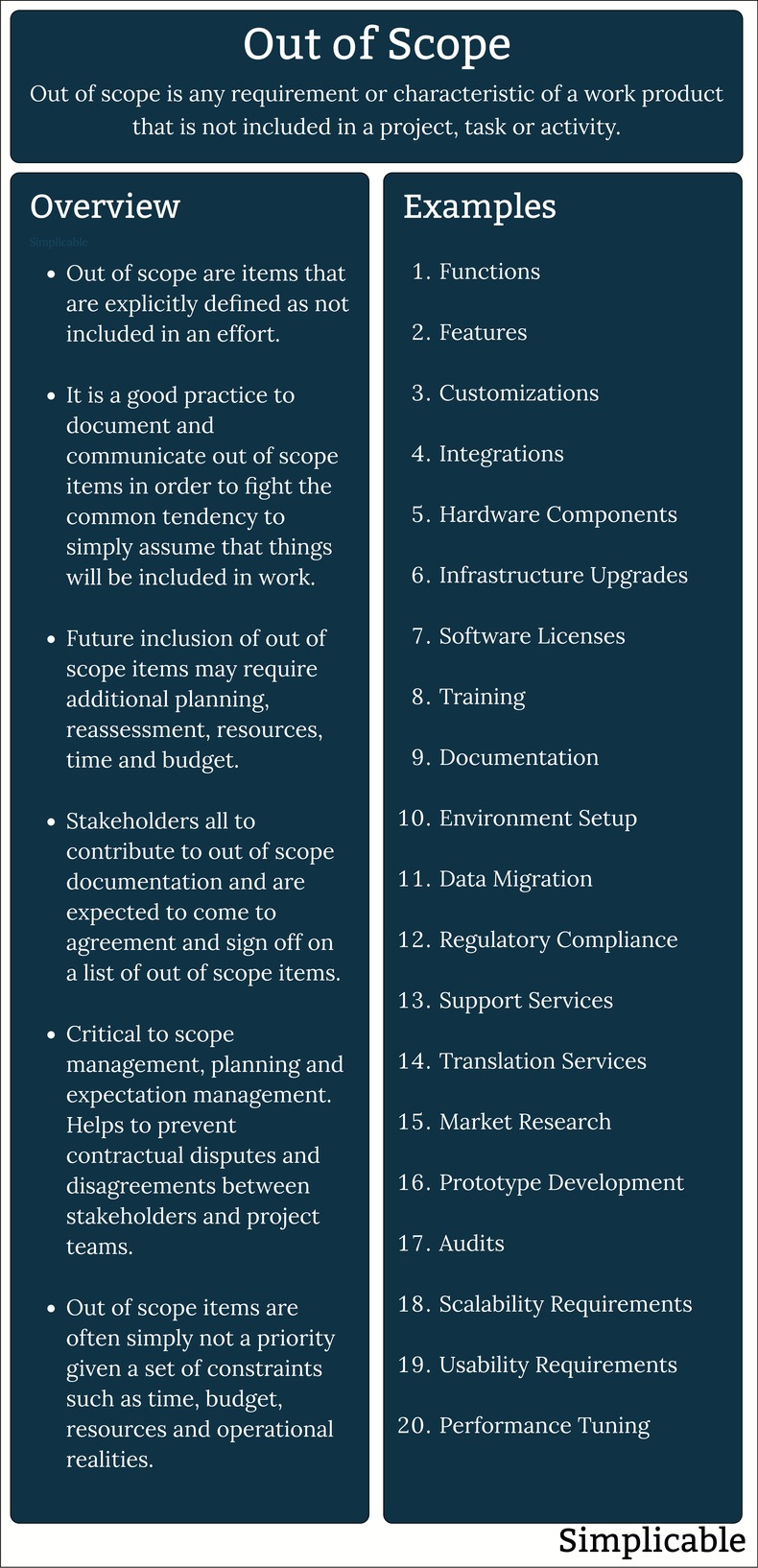
Accessibility Requirements | Architectural Documentation |
Audits | Availability Requirements |
Business Travel | Capacity Expansion |
Client Meetings | Communications |
Compatibility | Compliance Measures |
Compliance to Brand Style Guide | Consistency of Look and Feel |
Currency Support | Customizations |
Cybersecurity Measures | Data Backup |
Data Migration | Data Source Requirements |
Data Validation | Design Documentation |
Device Compatibility | Disaster Recovery Features |
Documentation | Efficiency Requirements |
Features | Functions |
Hardware Upgrades | Integration |
Interoperability | Legal Reviews |
Logging Requirements | Maintainability Requirements |
Maintenance | Market Research |
Multilingual Support | Non-repudiation |
Organizational Changes | Patent Filings |
Performance Tuning | Personalization |
Planning Phases | Platform Compatibility |
Process Changes | Prototypes |
Regulatory Changes | Reliability Requirements |
Remote Work Solutions | Reports |
Response Time Requirements | Scalability Requirements |
Session Management Requirements | Software Licenses |
Software Maintenance | Software Upgrades |
Supplier Audits | Technology Changes |
Testing Types | Training |
Usability Requirements | User Interface Redesigns |
Overview
Out of scope is the practice of unambiguously documenting and communicating things that will not be included in a project, activity or task. This includes functions, features, expenditures, training, operational considerations, qualitative characteristics and usability requirements. Out of scope can also include elements of your planning cycle such as market research or prototypes that will not be conducted or delivered.
Discussion
A project charter or a similar document may specifically list things that are out of scope. This is done to set expectations and document decisions that have been made. When a change is requested that was listed as out of scope in a project charter, the project may require significant analysis and a reset of schedule, cost and contract terms.Changes to scope may impact the feasibility of a project. As an example, a requirement to make a machine more energy efficient may require different materials and a complete rework of a design starting with a feasibility study. In other words, out of scope changes can effectively derail a project.It is common for a project to begin with a business case that promises a number of business benefits and a return on investment. Out of scope changes may impact return on investment. For example, it is common for a large number of changes to escalate the cost of a project such that returns are negative. This can result in the perception that a project failed even if the project team delivers to expectations.| Summary: Out Of Scope | ||
Type | ||
Definition | ||
Related Concepts | ||
































